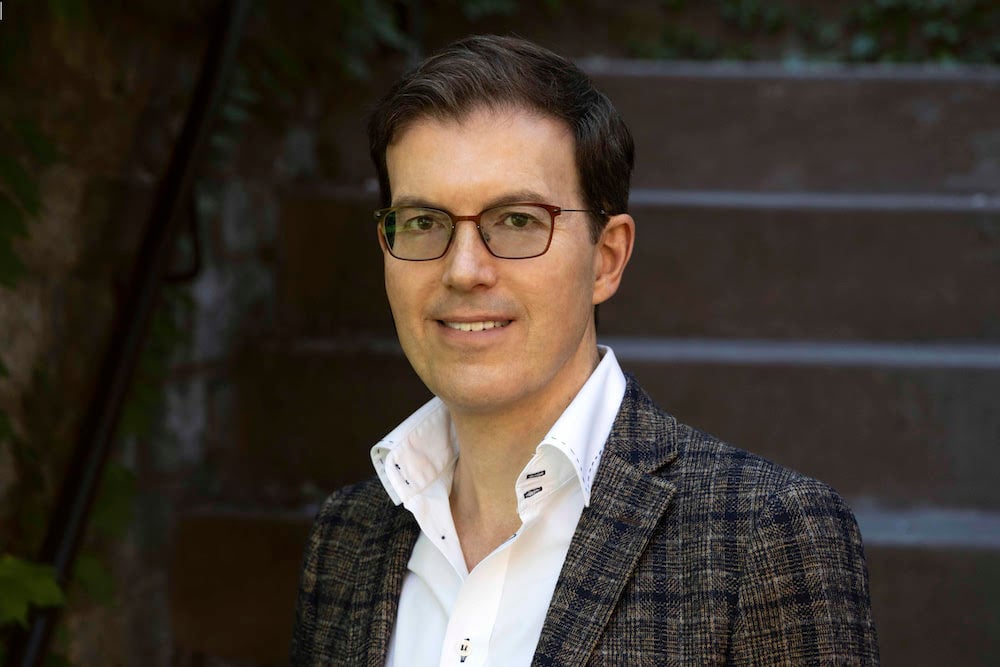Galleries
Veteran Dealer Tyler Rollins Is Leaving the Commercial Art World to Run a Foundation for Spirituality and the Arts
The foundation will focus on how faith shapes the arts.

The foundation will focus on how faith shapes the arts.

Eileen Kinsella

After more than a decade as an art dealer and gallery owner specializing in contemporary Southeast Asian art, Tyler Rollins is leaving the commercial art world for a rather different calling.
He now plans to dedicate himself to the Foundation for Spirituality and the Arts, a nonprofit organization he founded last month to nurture connections between contemporary art and faith.
“There is now a great deal of institutional support for contemporary art that focuses on politics, social justice, ecology,” he said, “but very little relating to faith and the spiritual core that I think is really the place where so much of our art, and our sense of connection to it, comes from.”
Many of the exhibitions at his former gallery, which he opened in Chelsea in 2008, were informed by spiritual and religious themes, with artists somewhat evenly split between Christian, Buddhist, and Islamic backgrounds.
“We had shows relating to such diverse topics as Catholic devotional rituals in the Philippines, the links between Islam and Tibetan Buddhism, religious fundamentalism in Indonesia, the role of the feminine in Thai Buddhism,” he said.
Over the years, he grew increasingly fascinated with how faith could shape an artist’s practice. “It became clear that the contemporary art world, particularly in places like New York City, is not well equipped to deal with these issues,” he said. “As one curator admitted to me, there is a lack of a discursive framework to engage with this aspect of contemporary artistic practice, and I think this phenomenon is widespread.”
Rollins, who will continue to operate his art advisory, is starting off with a small staff in New York led by Leeza Ahmady, who has for the past 15 years run Asia Contemporary Art Week, a non-profit organization that has developed programming in cities including New York. The foundation will have an office in Charleston, South Carolina.
As funding increases, Rollins hopes to expand in regions outside the major coastal hubs. “I’m particularly excited for our programming in Charleston, which is also closer to my roots in North Carolina,” he said.
Many aspects of Rollins’s experience at the gallery will translate to the new venture, he said. “One of [the gallery’s] particular strengths has been in institutional relationships, and we facilitated countless museums around the country and the world to exhibit and collect works by our artists,” Rollins said, “and that includes 10 museums in New York City alone—a tough market indeed.”